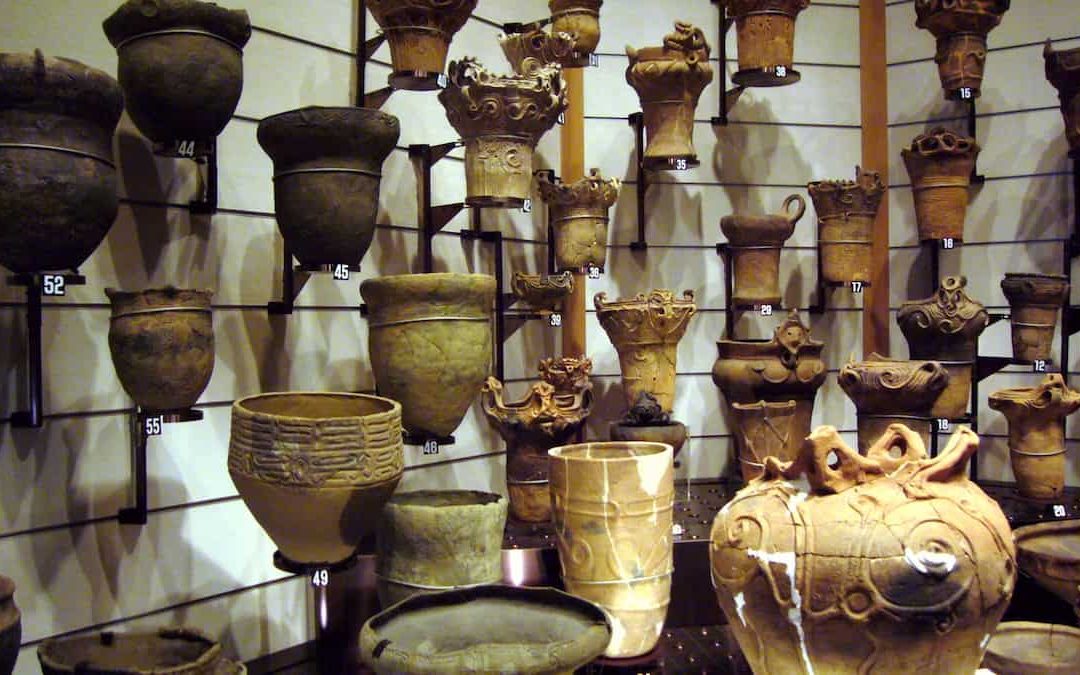
Jomon or Yayoi?
Jomon or Yayoi?
Jomon or Yayoi?
One’s friend jokingly (or not), asked whether one is Jomon or Yayoi.
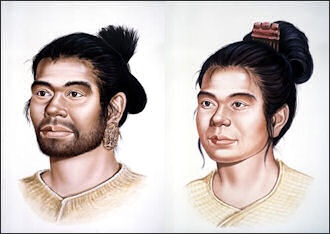
Somewhat taken aback, one had to look into this question more deeply, and ponder it carefully, as these ancient eras at the dawn of Japanese civilization are not something that comes to mind naturally.
These two periods, Jomon and Yayoi are truly most fascinating in the history of the Japanese.

Jomon and Yayoi each possess distinctive DNA-level characteristics to which a Japanese will posses both, with one of them being stronger than the other.
Jomon is regarded as the dawn of civilization on the archipelagos of Yamato. This is where the indigenous population as hunter gatherers came into full fruition.
Hunter gatherer civilizations live a seasonal lifestyle, entailing collecting buds in the Spring, fishing in the Summer, gathering nuts and grains during the Autumn, and hunting during the Winter.

There is evidence of animism having started during Jomon, and families being buried in clan groupings, suggesting the very earliest roots of the ceremonial veneration of one’s ancestors.
Cultural note: Veneration of one’s ancestors is the foundation of Japanese culture and society, and these conventions can be observe in action throughout Japan into this modern day.
Moreover, there are some important historical artifacts such as a certain pottery style, which was characteristic of the first phases of the Jōmon culture.

These ancient objects were decorated by impressing hemp cords into the surface of wet clay, and these remnants of an ancient civilization are generally accepted to be among the oldest in the world.
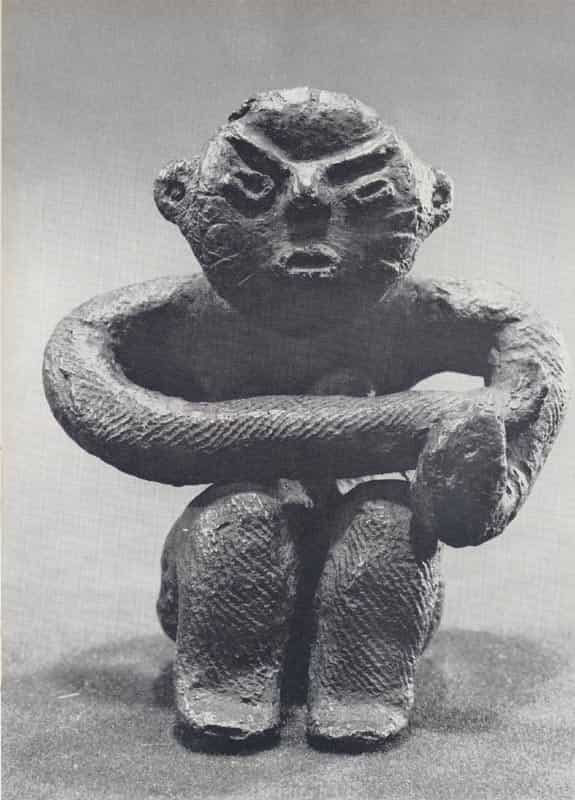
Interestingly enough, one can also see Jomon period clay figurines on display, and these figurines were assumed to have been used in fertility rites.
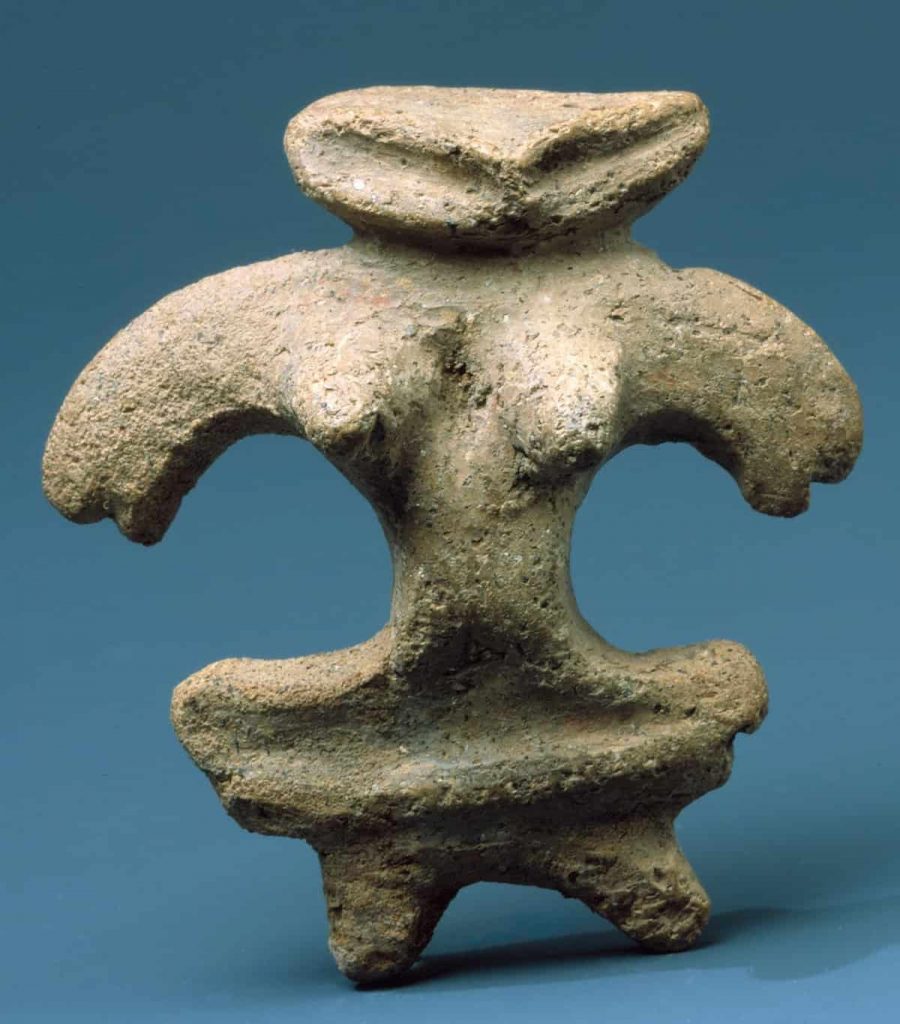
Indeed, old customs die hard here in the Land Of The Rising Son, and one can still see fertility rituals being carried on even now in modern Japan.
Honen Sai Matsuri (Fertility Festival) of Tagata Shrine in Komaki-City, Japanese here.
Yayoi is where a major influx of others came from the big land mass over yonder, and through this meaningful connecting with the outside world, the Bronze age occurred from around the beginning of Yayoi.
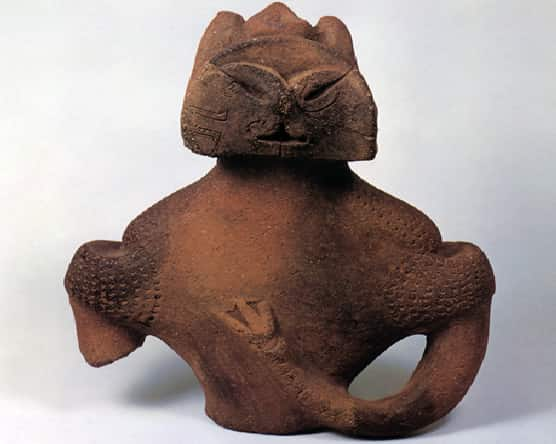
In fact, one could actually say these travelers from afar were the very first “gaijin” to land upon the shores of Japan, no visa necessary.
Not clear on what a “gaijin” is?
Translation: “outside person”
The Japanese language uses this two-character compound (外人) to discern people who are not original from the archipelagos of Japan, post Yayoi.
These newly arriving immigrants were racially different from the citizens of Jomon, and the intermarriage between the Korean and Chinese immigrants, and the original Jomon residents have resulted in the Japanese of today.
The population also expanded dramatically during this period to around 1 million inhabitants.
Note: It really looks like the fertility rituals worked!
This is also where along with the wide-spread implementation of wet-rice farming culture came seasonal rituals based on planting and harvesting.
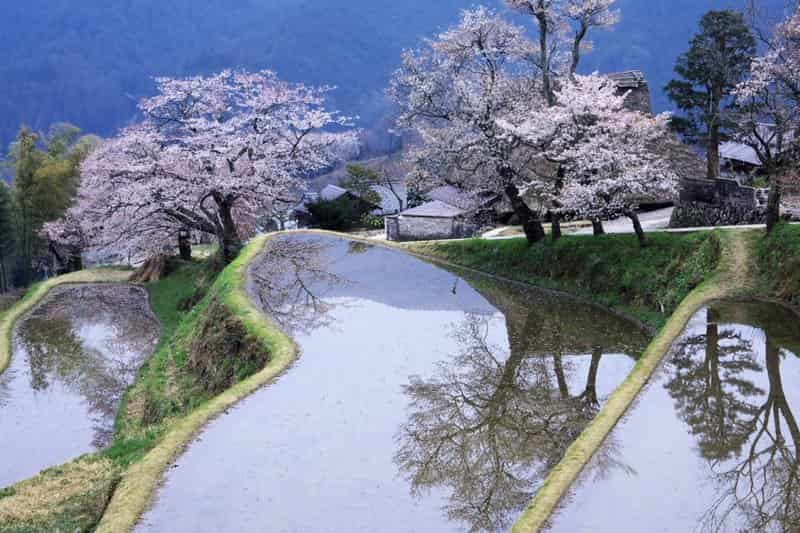
This could very well be considered the dawn of Shintoism, as there is evidence these citizens were the first to leave artifacts that can reasonably be linked to the development of Shinto.
So, a hunter gatherer (Jomon) or a wet rice farmer (Yayoi)?
My beloved and dear friend is definitely Jomon!
He has 7 children and a deep rooted hunting spirit. He leaves his dwelling daily and hunts for deals and treasure, and bringing home the bacon for his hungry clan at the end of the day.
The author of this story, however, is most defiantly Yayoi, as one came from afar away distant land, metaphorically still sometimes stinks of butter, and will always be unable to hide the fact of being born of a different skin tone than the Japanese.
Here one submits:
Do not judge a book by its cover..
One can not change birth circumstances, but can only make the choice to free oneself from the shackles of the past, as all join in commonalty and build a shared future as one.
Join other like-spirited fellow travelers where contributions are made to each others journey, as all travel one’s own unique journey
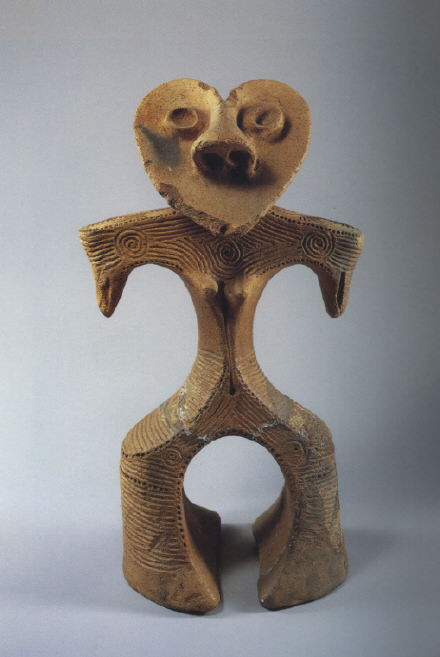
Bonus: More Pottery Examples Here







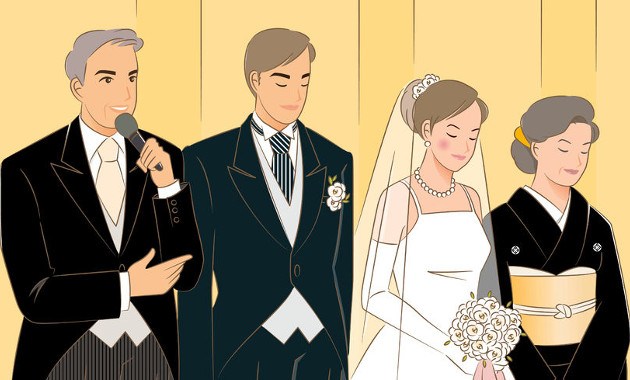










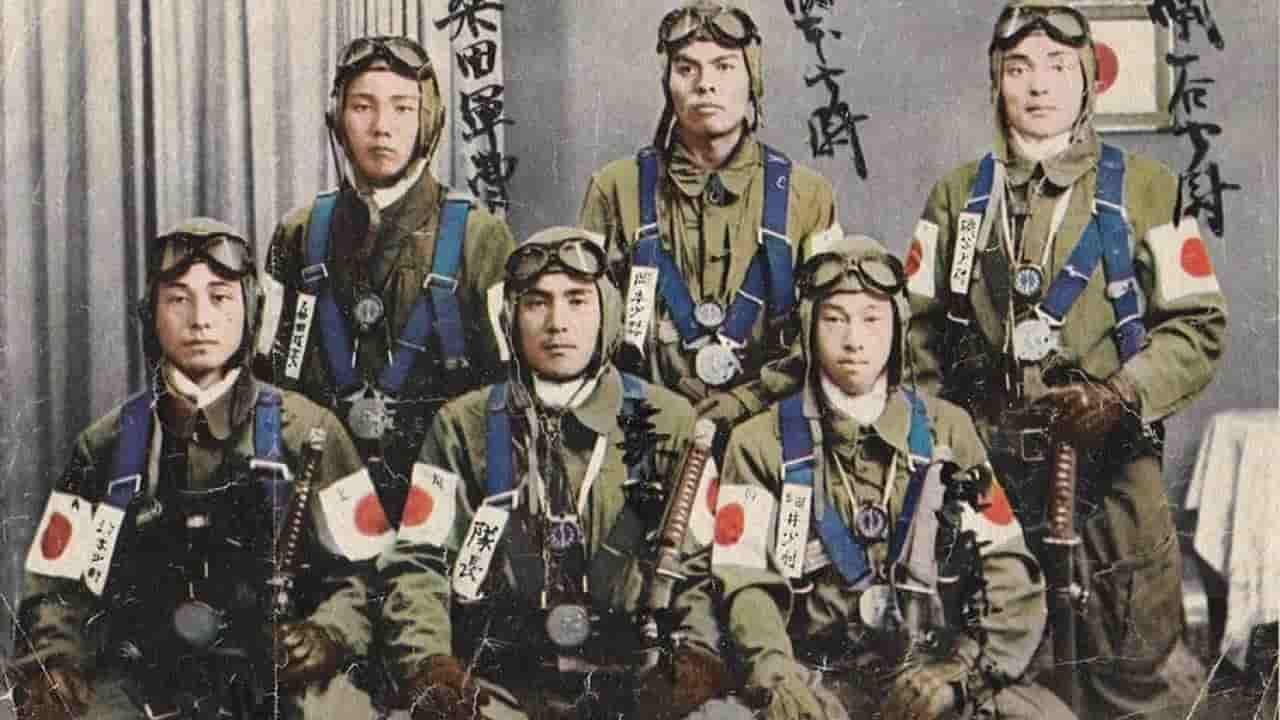
 It was just the other day when one called this dear old friend in the
It was just the other day when one called this dear old friend in the 

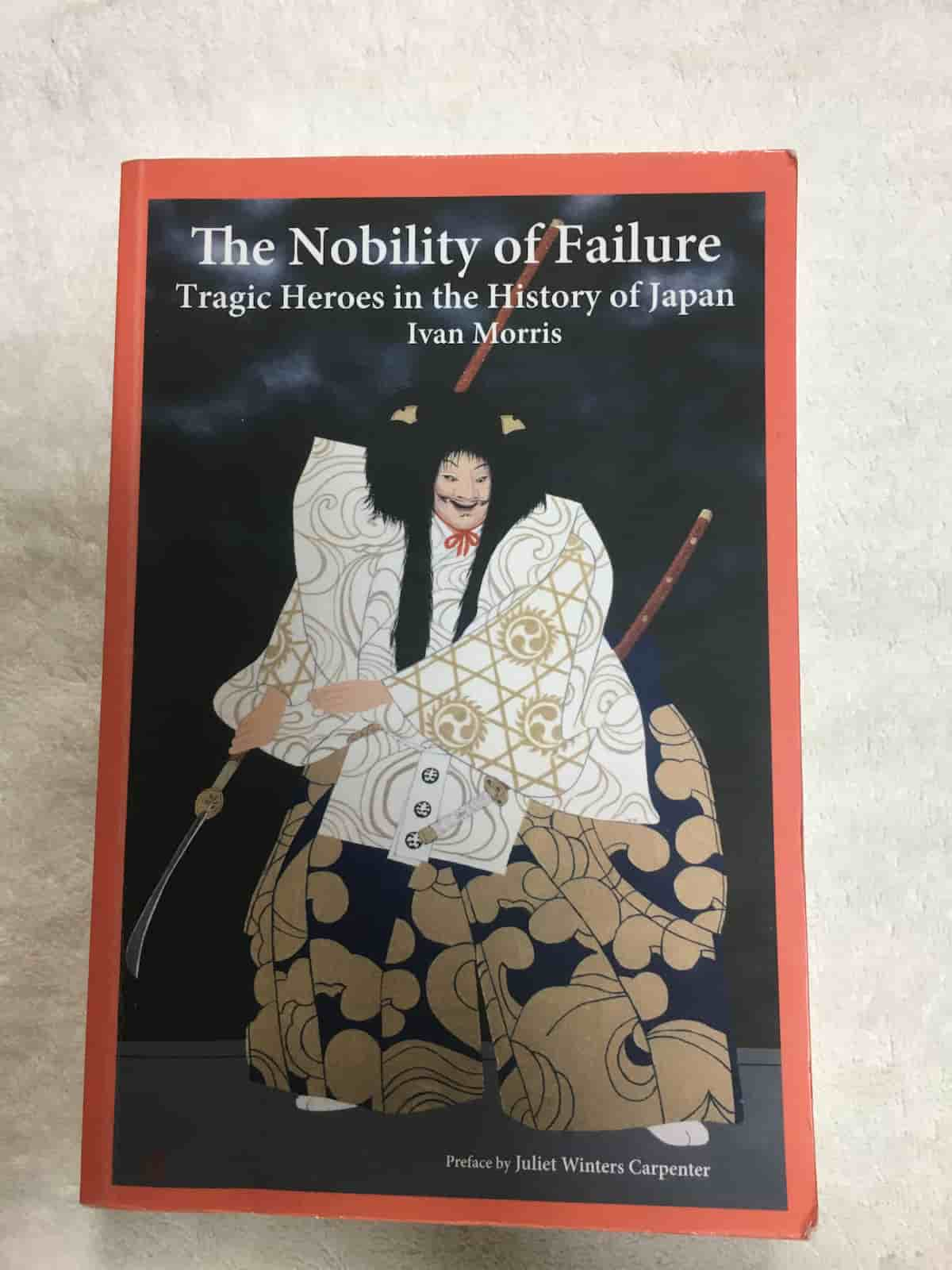
 Hakanai is something to be felt within the depth one’s own soul, and to capture fleeting moments in time forever, is to begin to understand the true meaning life.
Hakanai is something to be felt within the depth one’s own soul, and to capture fleeting moments in time forever, is to begin to understand the true meaning life.
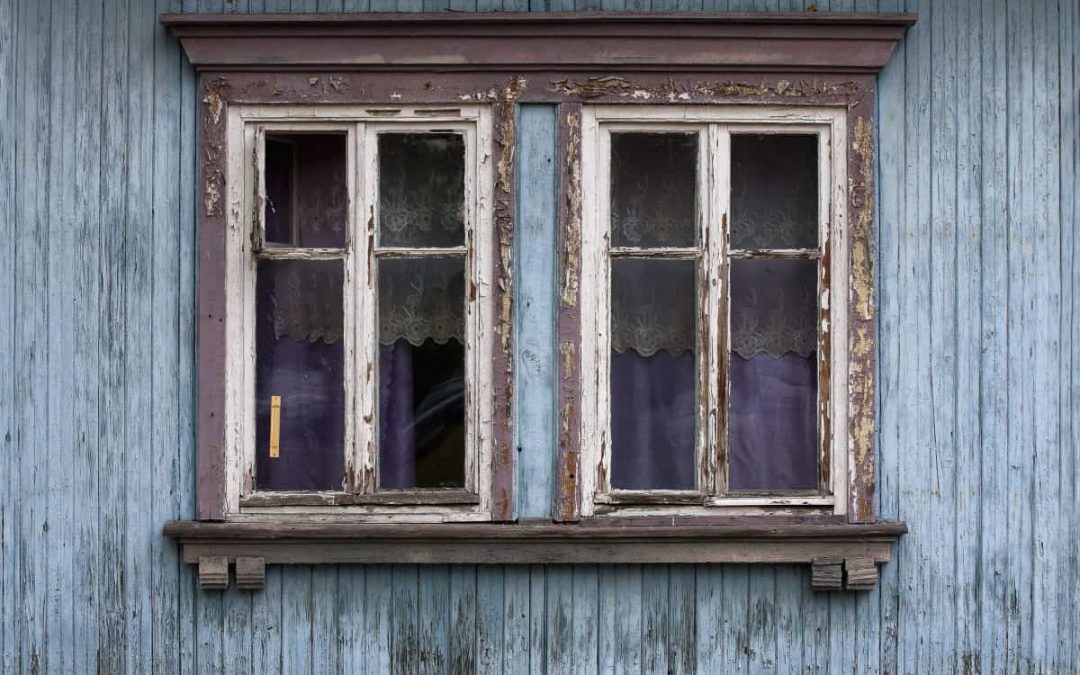
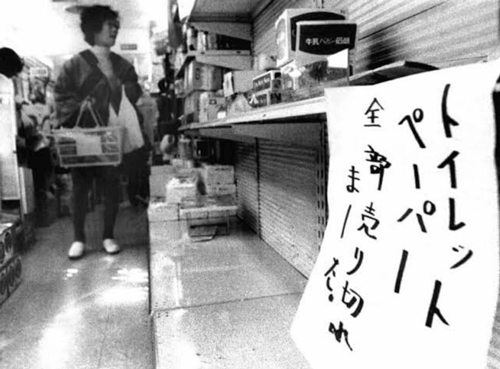


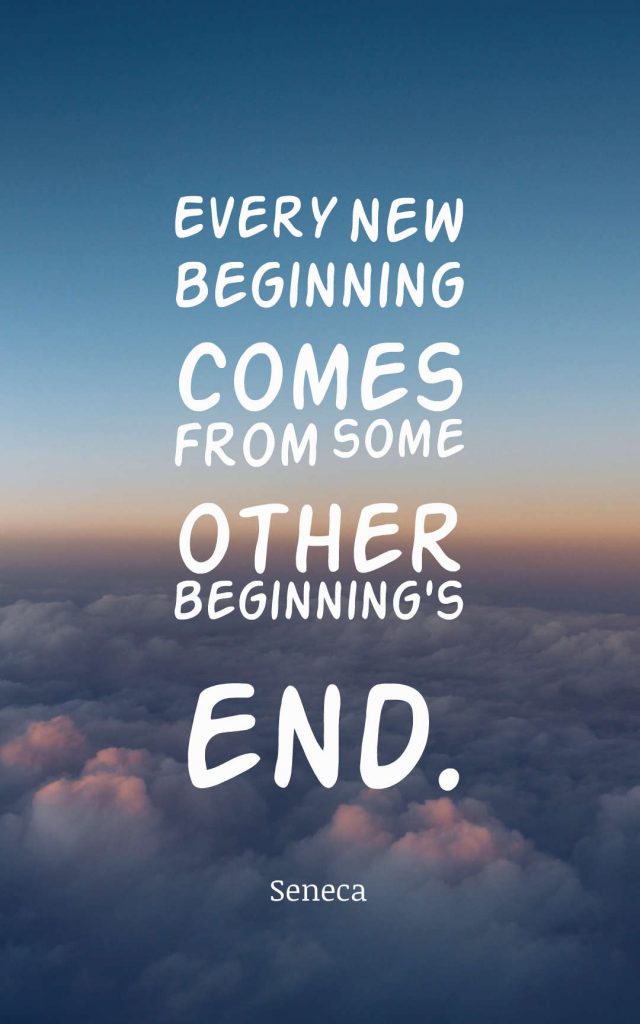

Recent Comments